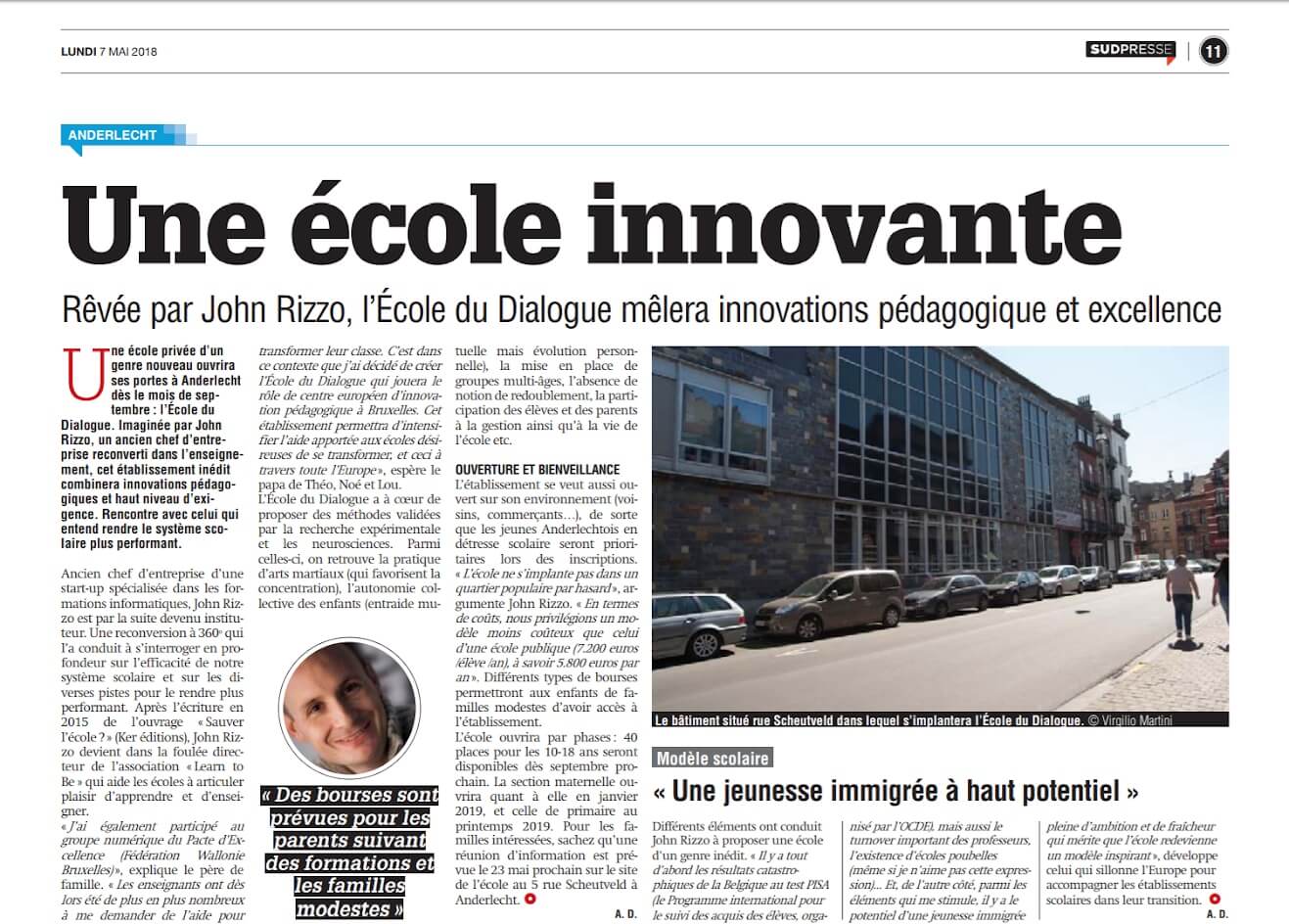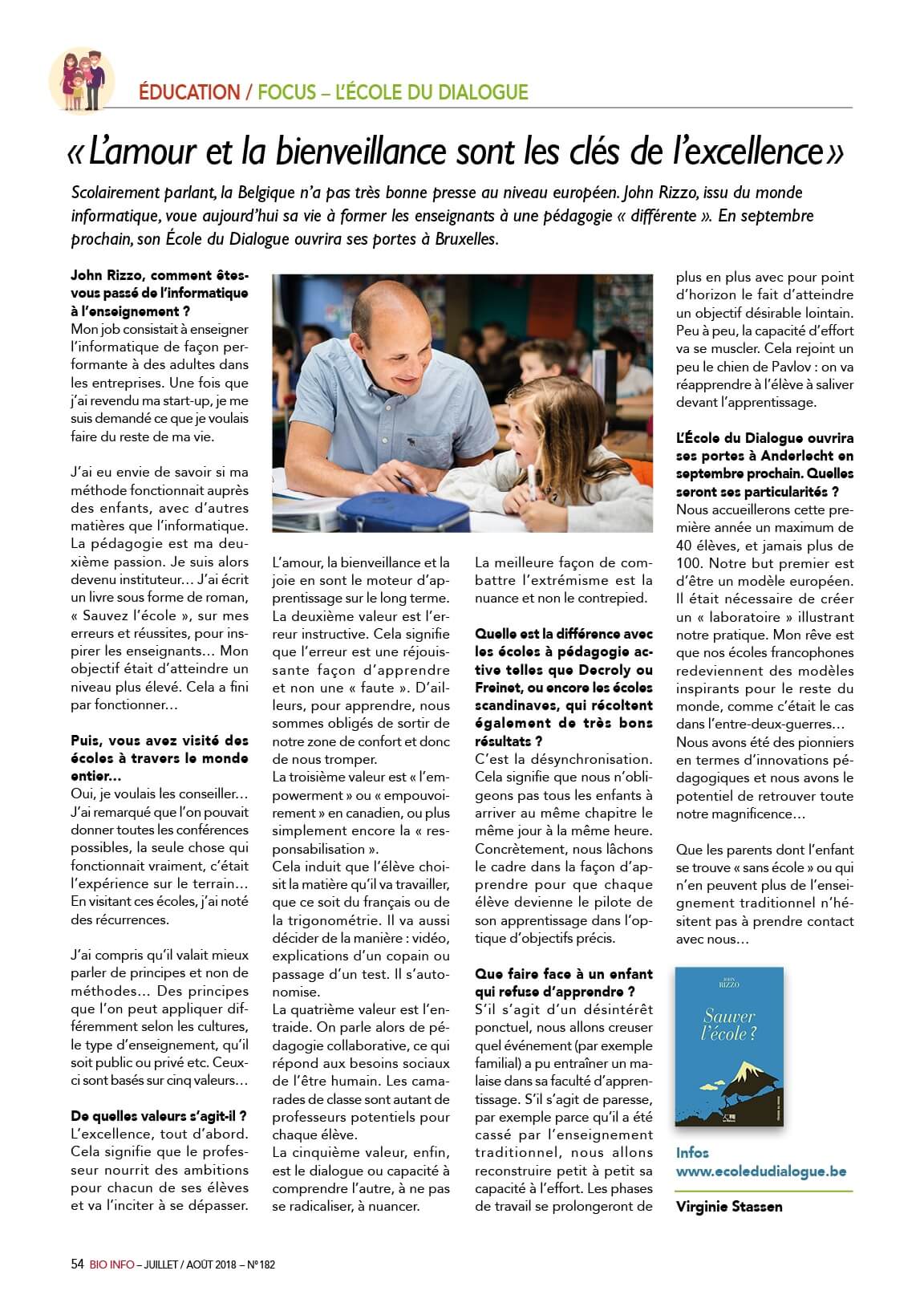Soft skills for students
“In a high-IQ job pool, soft skills like discipline, drive and empathy mark those who emerge as outstanding.”
Daniel Goleman
For teachers, mastering this curriculum is key to help students learning it, and also to get stronger foundations for their own professional change, their own personal development.
In 99% of soft skills courses, a speaker is explaining or telling stories or directing practice exercises. Not in this curriculum that needs to be isomorphic with the School Transformation Lab personalized learning environment. We designed a sequence of soft skills assessments as we would have designed math assessments.
The teacher may speak, tell stories or organize group activities, but it’s completely optional. Thanks to that, educators who have no class time may lead the soft skills curriculum in their school and assess student’s progress.
See this soft skills curriculum as the theory building blocks that students must quietly acquire. Later, when a drama happens, the teacher/educator can refer to these building blocks and vocabulary. You may tell a student to stop talking while his amygdala is blocking the access to his neocortex for example. You may refer to the DESC technique for mediating a conflict without explaining what DESC is (Description, Emotions, Solutions, Conclusions).
But most importantly, you try to apply the soft skills curriculum to your own teacher behaviour. You even instruct students to warn you when they detect that you are not an example to follow. Yes, you are not a powerful master anymore. You try to be an inspiring and thankful learner.
“Example is not a way to educate, it’s the only one.”
Gandhi
This course helps 10 to 18 year old students to improve the group and working atmosphere in their class.
We designed this course so that students are as independent as possible in order to learn and establish the theoretical foundations without needing the teacher.
Each chapter contains 5 levels:
- text and videos,
- easy multiple choice questions on the text,
- graphical summary to memorize,
- depends on the chapter,
- idem
“Peace is not the absence of conflict but the ability to cope with it.”
Mahatma Gandhi
5 Values of Change
The transformation of a traditional school into a personalized learning environment revolves around values. 5 values unite us and guide us in our decisions. In too many traditional schools, these values are neglected and even overturned with laxity, guilt over error, micro-management, individualism, hurtful intentions.
This is an important starting point:
- Yes, we seek excellence.
- Yes, making mistakes is ok.
- Yes, we want students to be empowered.
- Yes, mutual aid is welcome.
- And please, be nice.
Distinguishing error from fault
Errors have for centuries been considered “faults”, or proof of a person’s incapacity to act according to what is expected of them.
Such a judgment is guilt-creating and demotivating.
How to remove guilt from feedback and how to communicate about our own mistakes?
“Errors are neutral; we can do with them what we want. Depending on how we perceive them, they will overwhelm us or guide us to success.”
Dalai Lama
Studying with music
Many students ask for permission to listen to music in their headphones in class.
But do they know the effect on their work?
What are the conditions of effectiveness?
This chapter helps the teacher to start a constructive discussion with their students about music when doing exercises.
More…
We started to design more chapters and more advanced (year 2) versions of some chapters in French, but they have not been finalized. Do not hesitate to contact us for an access to these drafts, and maybe help us to improve them.
“Soft skills get little respect but they will make or break your career.”
Peggy Klaus


